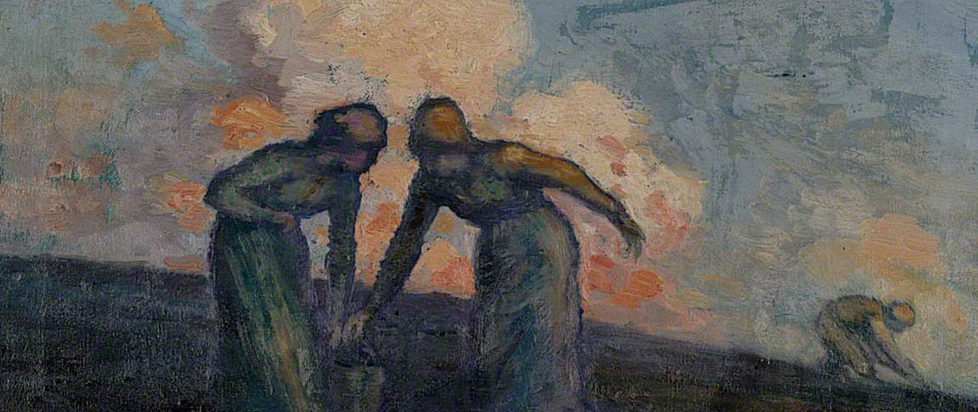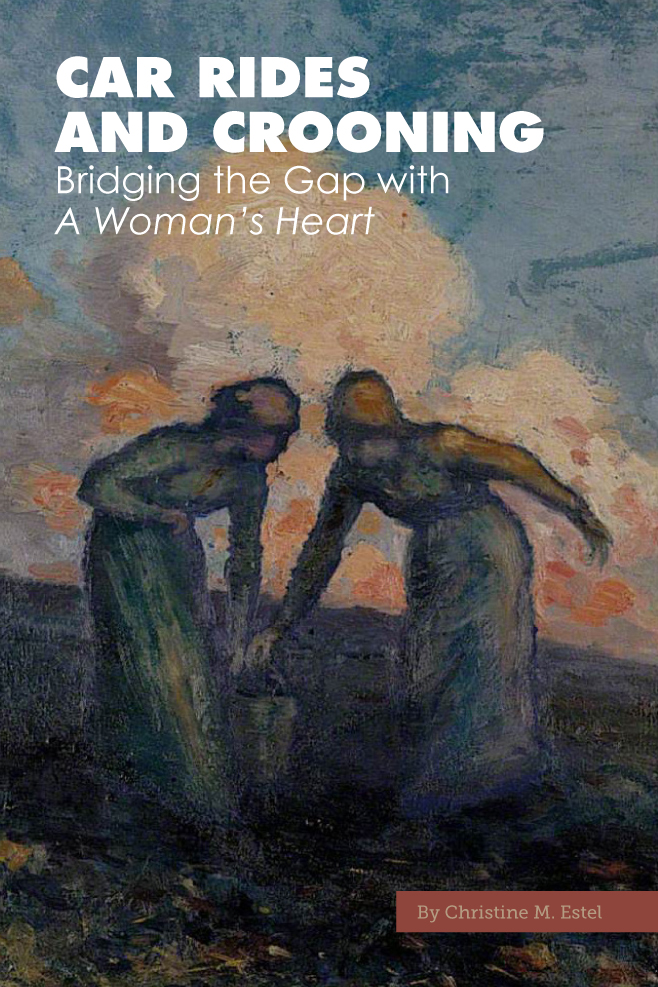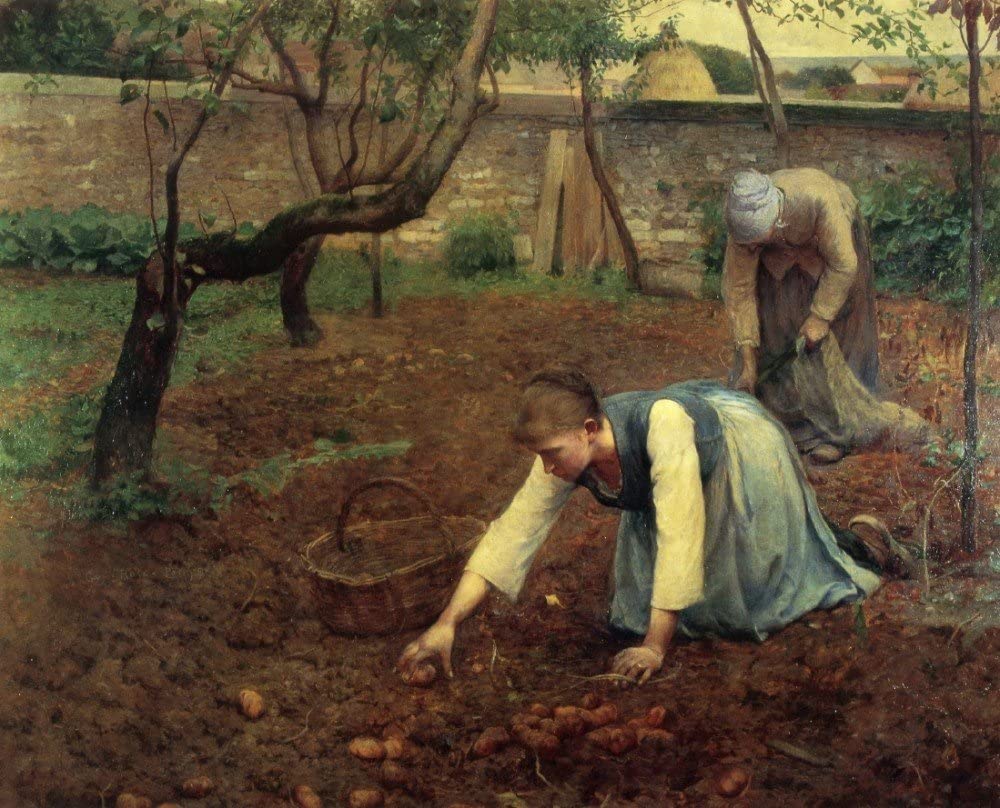
Car Rides and Crooning: Bridging the Gap with A Woman’s Heart
This is an excerpt of a feature story from Unwinnable Monthly #137. If you like what you see, grab the magazine for less than ten dollars, or subscribe and get all future magazines for half price.

Butterfly clips adorning girls’ hair; AIM conversations with friends late at night; the 9/11 attacks and the aftermath: my adolescence – a special time that straddled the line between the late 1990s and the early 2000s. Though I couldn’t participate fully in all of the “it” things of the time (ahem, my mother’s restrictions), I consumed as much of the popular singers and bands of that era, including, but not limited to, the Backstreet Boys, Britney Spears and Destiny’s Child.
From as young as I could remember, music was one of my passions. In elementary school, I played the cello in my school’s orchestra and I took private lessons. Plus, I sang in the main chorus and in the selection groups, and I continued doing so through my middle school years. After a few years of voice lessons, I’d earned myself a vocal scholarship to my private high school; the scholarship covered the cost of my weekly lunch period voice lessons, as well as additional instruments. Though initially I picked up piano and the cello (again), I eventually replaced them with additional voice lessons. And, for each of the four years of high school, I participated in the two plays staged by our brother school. Performing was a top hobby for me, which I did wherever I could: in my room, at school, in front of friends using my karaoke machine, in the shower and in car rides with my grandparents.
For his November 7, 2019 article in The Saturday Evening Post, Troy Brownfield explores the idea that there’s a “generational rift over what’s good and what’s garbage” in popular music. He says, “Tastes change radically between generations, with new genres appearing and disappearing in a never-ending cycle.” As such, it’s common – expected, even – for older generations to misunderstand or underappreciate younger generations’ music. As an adolescent, I often felt that same musical disconnect with my elders, especially my grandmother.

When it came to my generation’s music, the beats, volume and overall intensity didn’t appease my grandmother, but what she disliked the most was the language. She vilified the overtly sensual, innuendo-filled and vulgar lyrics, and she was horrified by the dancing in the music videos, not that she purposely watched them. She preferred that I’d listen to “nice” music, songs with soft, gentle melodies and God-approved lyrics, so singing songs like “Baby One More Time,” “Genie in a Bottle,” or any other sexually-progressive tunes in front of or to her simply wasn’t an option. But she cherished when I sang for her on our car rides to lunch, to go shopping or to visit her sister who lived an hour away, so I’d force myself to select neutral, safe options, like songs from Disney films and Broadway shows. If I declined her request to sing, she’d tune in to a benign radio talk show station or the classical station that played Bach and Beethoven. We’d also listen to the all-female Irish compilation album she’d been gifted, called A Woman’s Heart, an album that, although far from mainstream, bonded us and bridged the gap between our musical tastes.
Granny, my maternal grandmother of Italian heritage, and I were driving back to her house from Pizza Hut, our most common lunch spot on our days out together, when she reached into the dash console and pulled out a new cassette I’d never seen before. Turning it towards me so I could see the Kelly green face, she asked if I wanted to listen to some Irish music. I hesitated, mouth slightly parted as though I was ready to speak, and then flashed my best fake smile and said, “Sure.” Then I quickly turned my head out the front passenger side window, rolled my eyes and turned up my lip. As someone who woke up each morning to Billboard hits blaring on my clock radio, and who’d listen to Sarah McLachlan’s Mirrorball Tour album, as well as my favorite Savage Garden tracks, on repeat, each night after my homework was complete and on the weekends, I hated what I’d just agreed to.
—
Christine M. Estel lives and writes in the Philadelphia area. Her work has appeared in Family Story Project, Women in Higher Education, The Mothership and other places. Follow her on Twitter @EstellingAStory.
You’ve been reading an excerpt from Unwinnable Monthly Issue 137.
To read the article in its entirety, please purchase the issue from the shop or sign up for a subscription to Unwinnable Monthly!




